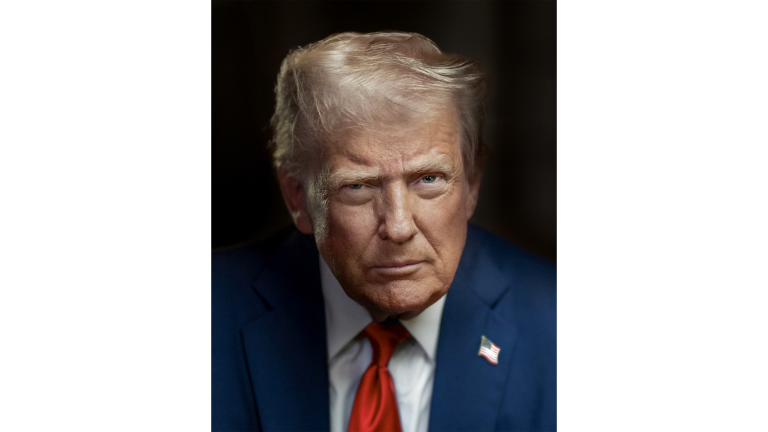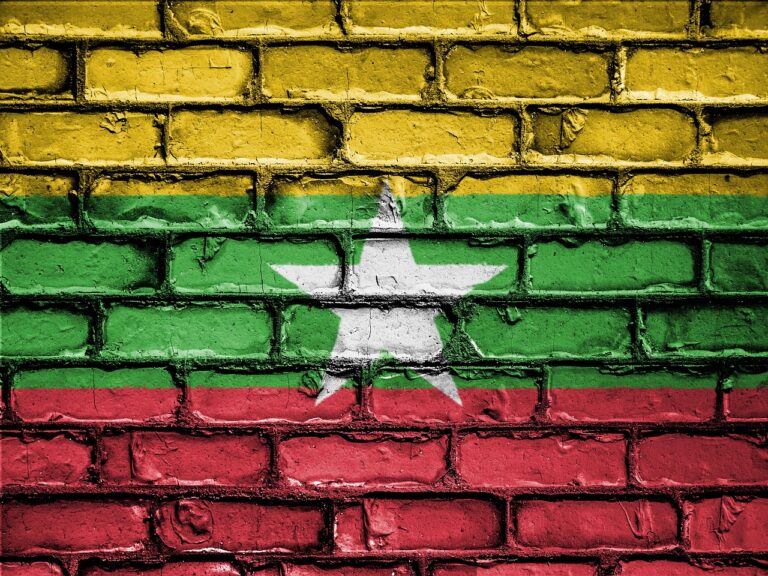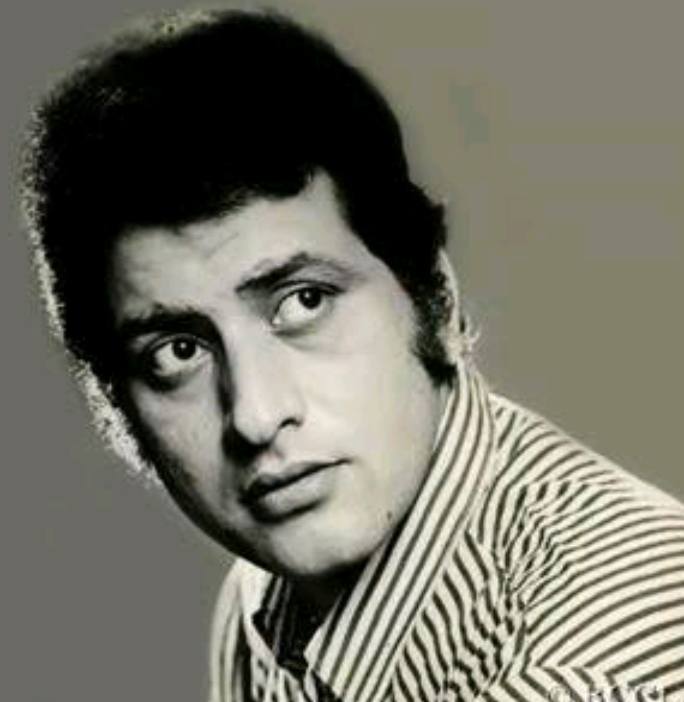
Manoj Kumar
Mumbai: Manoj Kumar, the gentle giant of Bollywood whose films whispered India’s pride, slipped away today at 87 in Kokilaben Dhirubhai Ambani Hospital. At 4:03 AM, a heart attack, shadowed by years of liver cirrhosis, stilled a man who once stirred millions with Upkar’s honest earth and Shaheed’s brave echoes. Admitted since 21 February, he left behind his wife, Shashi Goswami, and sons, Vishal and Kunal, his final rites set for 5 April at Pawan Hans crematorium here.
Known as ‘Bharat Kumar,’ he was a craftsman of cinema—actor, director, writer, producer—whose work held a mirror to a nation’s soul.
Born Harikrishan Giri Goswami on 24 July 1937 in Abbottabad, now Pakistan’s soil, he was a boy shaped by Partition’s upheaval. His passing brought a tide of sorrow, led by Prime Minister Narendra Modi, who tweeted, “Deeply saddened by the passing of legendary actor and filmmaker Shri Manoj Kumar Ji. He was an icon of Indian cinema, who was particularly remembered for his patriotic zeal, which was also reflected in his films. My thoughts are with his family and admirers in this hour of grief. Om Shanti.”
From Delhi’s streets to Bombay’s studios, he built a legacy—honoured with the Padma Shri in 1992, the Dadasaheb Phalke Award in 2015—that spanned decades of quiet brilliance.
His first frame flickered in Fashion (1957), a shy beginning, but Hariyali Aur Rasta (1962) lit his path. Upkar (1967), his directorial bow inspired by “Jai Jawan Jai Kisan,” swept the 1968 Filmfare Awards—Best Film, Best Director, Best Story, Best Dialogue—a testament to a man who wore many hats with grace.
Film star Akshay Kumar, a Bollywood stalwart, wrote on X, “I grew up learning from him that there’s no emotion like love and pride for our country. And if we actors won’t take the lead in showing this emotion, who will? Such a fine person, and one of the biggest assets of our fraternity. RIP Manoj Sir. Om Shanti.”
A Voice for the Land
Manoj Kumar’s films didn’t shout; they spoke—of India’s roots, its fights, its hopes. Shaheed (1965) traced Bhagat Singh’s shadow with care, Purab Aur Paschim (1970) weighed tradition against the West, earning him ‘Bharat Kumar.’ Roti Kapada Aur Makaan (1974) looked hard at life’s struggles, winning him Best Director again. He produced Kranti (1981), guiding Dilip Kumar through a tale of defiance—a labour of love. Filmmaker Vivek Agnihotri, a modern director, reflected on X, “India’s first truly original and committed Indic filmmaker… A proud nationalist. A staunch Hindu at heart. He made patriotism cinematic, without noise. He made nationalism poetic, without apology. Patriots and artists like him never die. They simply transcend—into memory, into celluloid, into the nation’s heartbeat.” That hand-to-face habit, a soft shield, became his mark—nodded to in Om Shanti Om (2007)—but his real gift was “Mere Desh Ki Dharti,” a song that lingers like a friend’s voice. Fans felt its pull. Fan @khaitan48, an X user, posted, “Rest in peace, Manoj Kumar ji! A legendary actor and filmmaker, he left an indelible mark on Indian cinema. His patriotic films and iconic roles will be cherished forever.”
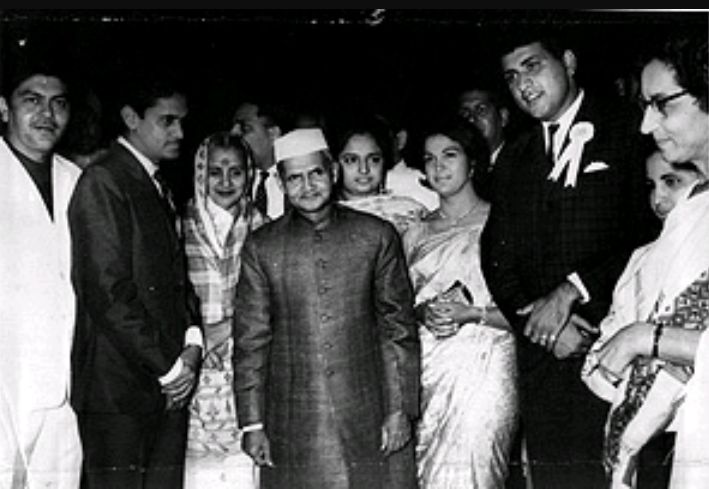
A Life from the Margins
Ten years old when Partition tore his world apart, he landed in Delhi, a Punjabi Brahmin lad with little but resolve. Hindu College gave him letters; Bombay gave him light. Taking ‘Manoj Kumar’ from Shabnam (1949), he arrived in 1956, aiming for to ease his family’s load. Early days saw him penning scenes – a ghostwriter’s start, until Woh Kaun Thi? (1964) let his words sing.
The ‘60s and ‘70s crowned him—eight times on Box Office India’s “Top Actors” list—with Do Badan (1966) softening hearts, Shor (1972) tugging them. Film star Aamir Khan, an industry icon, said, “Manoj Kumar was not just an actor and filmmaker, he was an institution. I have learnt so much watching his films. His films were often based on important social themes which brought him really close to the common man.” Actress Khushbu Sundar, a South Indian star, wrote on X, “Extremely saddened at the demise of a legendary actor and filmmaker, Dada Saheb Phalke recipient, Shri #ManojKumar Saab.”
He stepped into politics with the BJP before 2004, his ideals spilling off-screen. Madhya Pradesh offered an award in his name; Shirdi gave him a road. Defence Minister Rajnath Singh tweeted, “Manoj Kumar ji was a versatile actor who would always be remembered for making films full of patriotism. His cinematic legacy will live on through his works. Om Shanti.”
A Quiet Goodbye
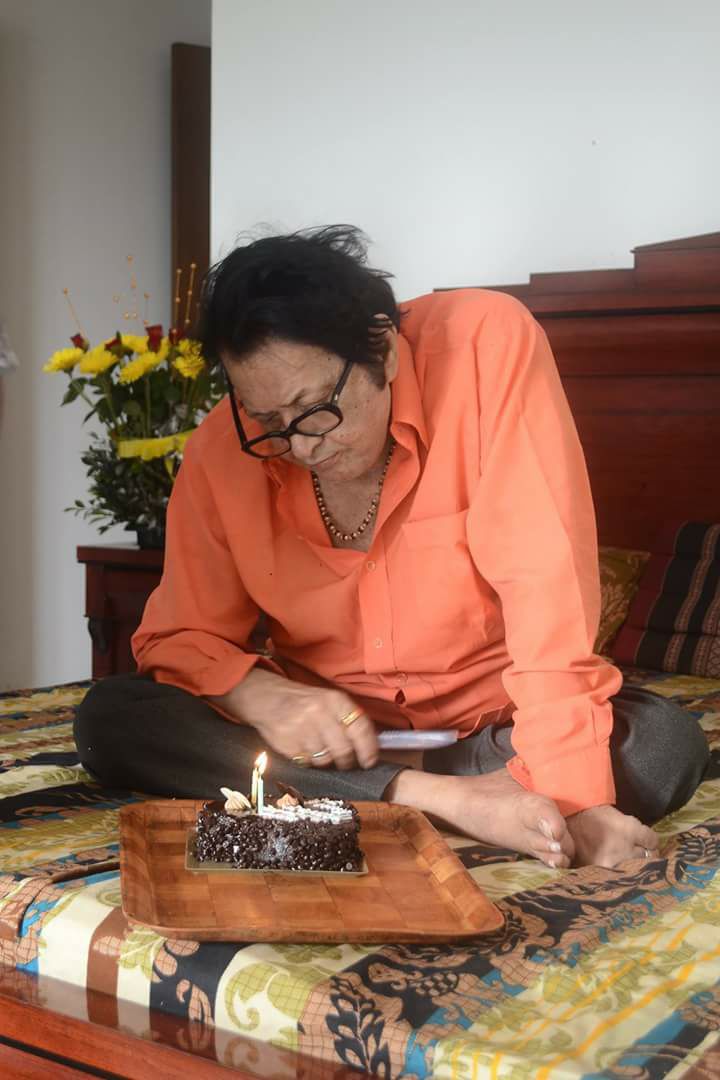
The years wore him down—pneumonia, a tired heart, a failing liver—but his warmth held fast. Filmmaker Ashoke Pandit, a cinema colleague, told ANI, “The legendary Dadasaheb Phalke award winner, our inspiration and the ‘lion’ of the Indian film industry, Manoj Kumar Ji is no more… He was always full of life, happy.” His cousin, producer Manish R. Goswami, told PTI, “This is sad news for the entire country. The era of making movies on patriotism has ended today.” Fan @JigarBDesaiBjp, an X supporter, echoed Modi: “A profound loss to Indian cinema. Shri Manoj Kumar Ji’s legacy of patriotism and storytelling will forever inspire us.”
Upkar lifts us yet, Roti Kapada Aur Makaan asks us to see, Kranti dares us to stand. In 2016, he thanked his parents for his climb; today, he rests with them, leaving us his India in film and memory. Om Shanti—a hand lowers, a patriot endures.
– global bihari bureau



